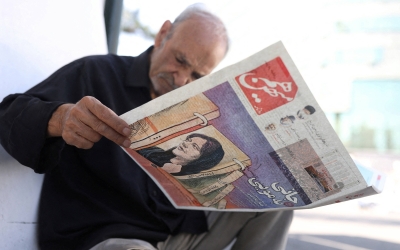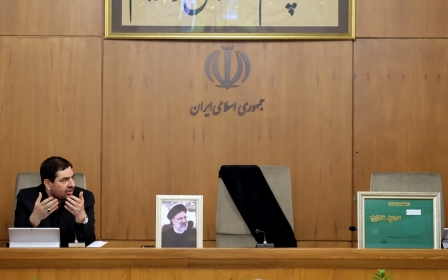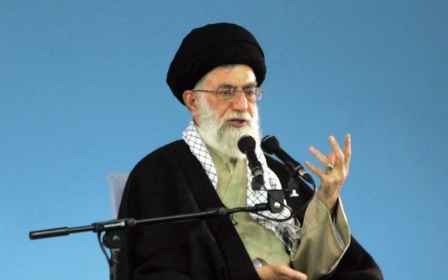Iranian press review: Interim president accused of deadly attack on students during cultural revolution
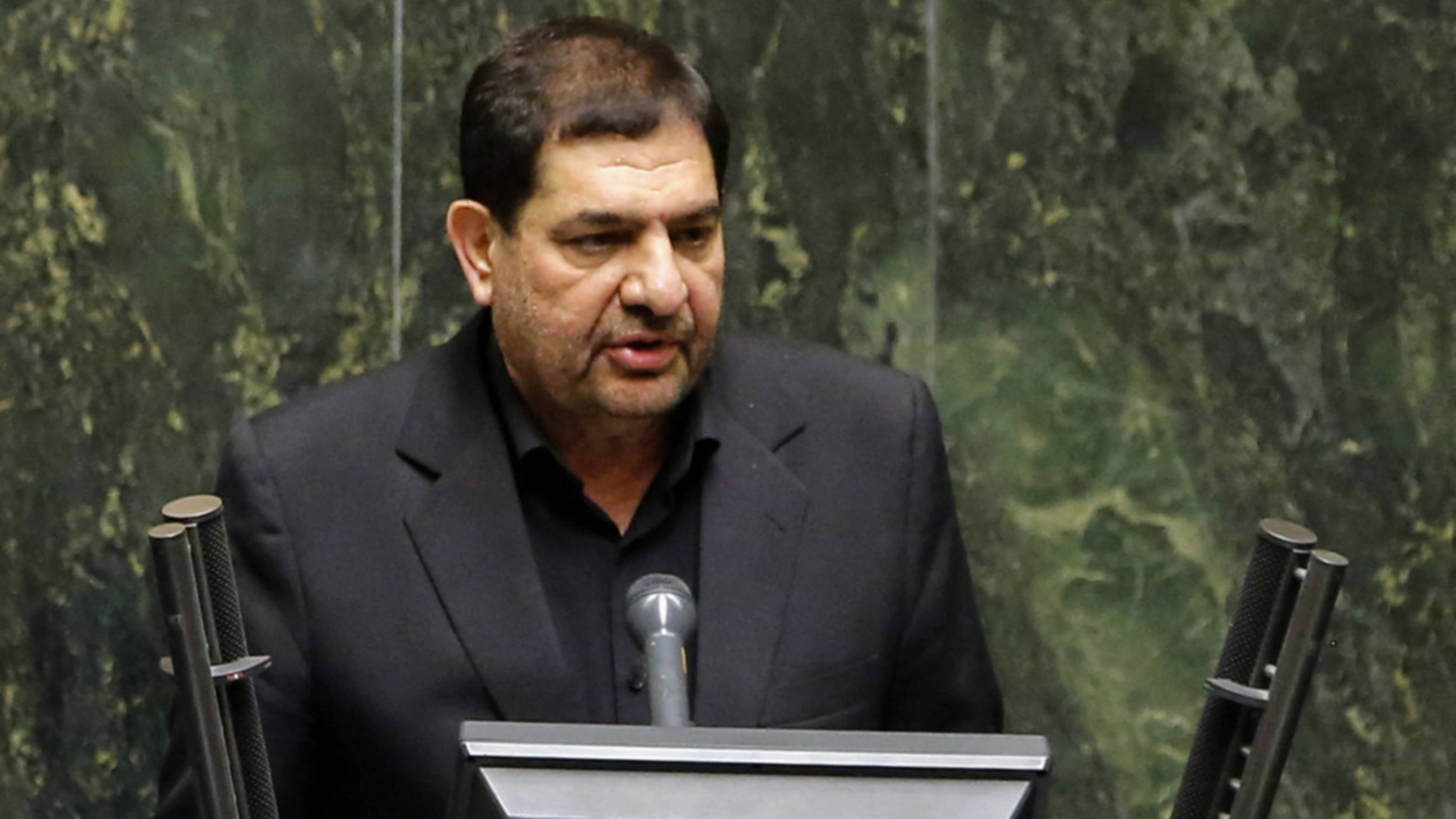
Former students accuse Mokhber of deadly attack on protesters
The role that interim president Mohammad Mokhber played in the deadly crackdown on student activists in April 1980 has come to light in a Farsi media report, following the death of President Ebrahim Raisi in a helicopter crash.
During the Iran-Iraq war, Mokhber served in the country’s Islamic Revolutionary Guard Corps (IRGC). However, most publicly available information about his past relates to the posts he held in economic organisations associated with the office of the supreme leader.
When reports suggested Mokhber would be a potential candidate in the upcoming presidential elections, the Amsterdam-based Farsi website Radio Zamaneh interviewed two former university students who accused Mokhber of involvement in the killing of protesting students during Iran's cultural revolution.
Nabi Samimi, whose brother was executed after the incident, and Jawad Yousef Memar shared their observations of paramilitary groups attacking students on the Ahvaz University campus. The paramilitaries also raided a hospital where wounded activists were receiving treatment.
New MEE newsletter: Jerusalem Dispatch
Sign up to get the latest insights and analysis on Israel-Palestine, alongside Turkey Unpacked and other MEE newsletters
On the attack, Yousef Memar said: “Mokhber was the first person who pulled out his Colt and shot at the students. Seven or eight students fell and were covered in blood. I remember he was also holding an Uzi machine gun.”
According to Radio Zamaneh, at least 12 students were killed in the raid, which it said was commanded by Mokhber.
In January 2021, Mokhber was included on the list of US sanctions due to his role in suppressing dissidents.
Prisoner calls time on bedbug torture
Zia Nabavi, a prominent activist, was transferred to solitary confinement in the infamous Evin prison after he demanded, in a letter sent from prison, that the authorities stop "using bedbugs as a means of torture", the human rights website Hrana reported.
The website quoted Nabavi’s lawyer, Amir Raisian, who said that the disciplinary council of the prison decided to place his client in solitary confinement as a punishment for revealing the living conditions inside the prison.
In his letter, Nabavi wrote that "the neglect of the prison authorities to improve the existing conditions has forced many prisoners to use sleeping pills at night" and "the continuation of these conditions shows the disregard of the basic health rights of the prisoners, which affects their mental health and has physically challenged them."
He added, "Is the torture of enduring bedbugs part of our condemnation? The darker side of the story is that I feel there is no decisive and fundamental solution for the eradication of bedbugs in this ward."
This is not the first time that political prisoners have complained about bedbugs being systematically used to exert more pressure on prisoners.
Baktash Abtin, an Iranian writer and poet who, in 2022, died after contracting coronavirus in prison, wrote in a poem named "Bedbugs":
They craved our blood,
While we thirsted for freedom.
Our meeting in this desolate land,
A tapestry of worn-out beds,
Rough blankets,
And walls stained with blood.
We,
And the bedbugs,
Shared a common prison,
Bound in chains of fate.
Local media voice criticism regarding Raisi’s helicopter crash
Two weeks after a helicopter crash that killed Iranian President Ebrahim Raisi and his foreign minister, local media have criticised the establishment for the incident, specifically in reference to rumours speculating about Israel's involvement.
Although, local media has echoed the authorities’ narrative, stressing that no sabotage or foreign intervention was involved, they raised questions about the use of helicopters to inaugurate the hydro project at the border with Azerbaijan.
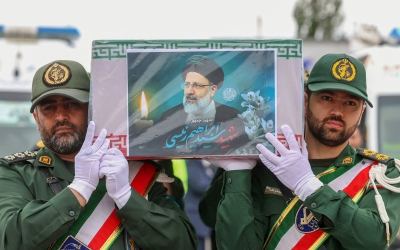
Some media highlighted the military ties between Israel and Azerbaijan, questioning the country’s capabilities to respond to sabotage operations.
The Jomhouri-e Eslami conservative daily was one of the outlets that speculated over the possibility of Israel’s role in the incident and criticised the authorities for deploying an old helicopter to transfer Raisi to the Iran-Azerbaijan border.
“This incident revealed fundamental weaknesses in the organisation of the president's trip and a lack of attention to many safety points,” wrote the daily.
“We are very weak in the security sector against foreign conspiracies. Therefore, addressing these weaknesses in planning, updating navigation facilities, and strengthening national security to become invulnerable to enemies should be prioritised by officials,” the daily added.
The Asr Iran website also mentioned the direct military confrontation between Iran and Israel in April and condemned the authorities’ decision to travel by helicopter.
“Thirty-six days after Iran's missile attack on Israel, a higher level of confidence in the protocols affecting the president's helicopter flight seems necessary,” Asr Iran suggested.
These criticisms emerged as, immediately after the news of the missing helicopter was announced, the country’s judiciary and intelligence services warned local media about their coverage of the incident. They also warned citizens that they could be prosecuted for social media posts that did not follow the official narrative of the accident.
Middle East Eye delivers independent and unrivalled coverage and analysis of the Middle East, North Africa and beyond. To learn more about republishing this content and the associated fees, please fill out this form. More about MEE can be found here.


